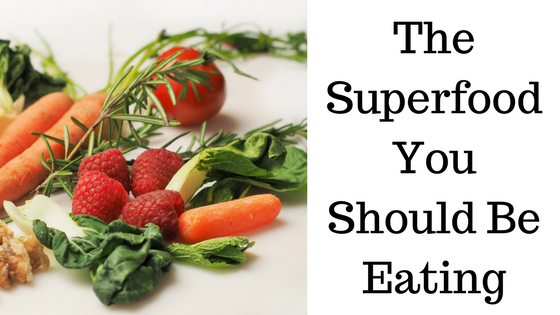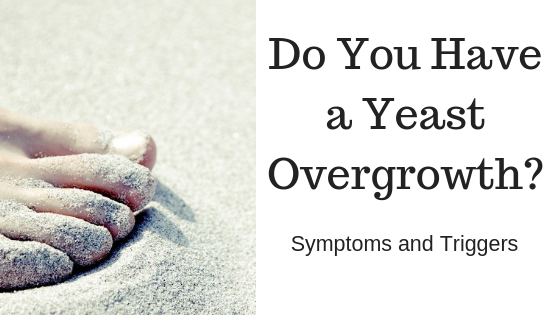I have a superfood quiz for you today, and I am going to give you a few clues to see if you can figure it out…
It is one of the most nutrient dense foods on the planet. It is related to broccoli, brussels sprouts, cauliflower, and cabbage. It comes in many different types, and when added to your menu can dramatically increase the nutrient content of your diet.
Figure it out yet? My superfood secret is kale! Now wait, I know many people out there say “yeah, kale is something a health coach would recommend, but…” Well, just give me a chance to put this superfood on stage and show it off in all its glory.
Kale is loaded with ANTIOXIDANTS. Antioxidants help prevent oxidative damage, which is believed to be one of the leading causes of aging and disease.
Kale contains FLAVONOIDS. Flavonoids may lower blood pressure, act as an anti-inflammatory, anti-viral, anti-depressant, and fight cancer.
Kale is full of VITAMINS. One cup of raw kale (2.4 oz) has an impressive list of benefits.
Vitamin A: 206% of RDA in the form of beta-carotene
Vitamin K: 684% of RDA
Vitamin C : 134% of RDA which is more than in one orange
Vitamin B6: 9% of RDA
Kale contains MINERALS including calcium, magnesium and potassium.
Kale also has additional NUTRIENTS like zeaxanthin and lutein which help protect the eyes against macular degeneration.
Kale contains FIBER (2 grams) an OMEGA 3 FATTY ACID and PROTEIN (3 grams) in only 33 calories per cup.
So how do you enjoy this superfood? I personally like the baby kale which I have been able to find in my produce section, however, if you have mature kale, just massage it for a while. You read that right; kale likes a good rub down. Put a small amount of olive oil, lemon juice, and a sprinkle of kosher salt over the kale in a bowl and give it a massage for about 2 or 3 minutes until it starts to wilt. Now it is perfect for salads! I also like to add a handful of raw kale to my smoothies or some pasta dishes. And for a treat, kale chips are easy to make by cutting the kale into “chip” size pieces, sprinkle them with avocado oil and salt, and bake until dry.
Are you eating kale? Just a handful a day will give your body the tools it needs for healing, maintaining health and building strength.




3 Comments
I am convinced! Ty
I noticed the high amount of vitamin A. I understand that vitamin A is stored since it is not water soluble. Since I take multivitamin will this be an issue?
Thank you.
Beverly
Thank you
Hi Beverly,
There is a great article by Dr. Axe that weighs the pros and cons of getting a lot of Vitamin A. I’ve included an excerpt. Generally the rule for every vitamin is to get them from whole food first. When your diet is compromised, whether from not eating what you should, or low quality food, supplementation is helpful. If you plan on adopting a kale habit, I would reconsider the A you supplementing with. Also, is your multi vitamin whole food and raw based…or synthetic? This also plays into the decision. I am not a proponent of synthetic vitamins.
By Dr. Axe – Precautions and Potential Side Effects
Beta-carotene is likely safe when it’s consumed in amounts found naturally in food. Supplements should be used short-term under the direction of your health care provider. Possible side effects from this carotenoid include headache, burping, loose stools, bruising, joint pain and yellowing skin, although the discoloration eventually goes away.
People who smoke or drink heavily should avoid taking this carotenoid, as studies show that it causes an increased risk of cancer. People with a history of exposure to asbestos should also avoid using beta-carotene supplements because they may increase the risk of liver disorder or heart disease.
Tell your doctor if you take beta-carotene supplements while taking cholesterol-lowing drugs, antibiotics, proton pump inhibitors, orlistat or plant sterols. It may increase your risk of bleeding when it’s taken with drugs that also increase the risk of bleeding (like blood thinners).
Full article: https://draxe.com/beta-carotene/